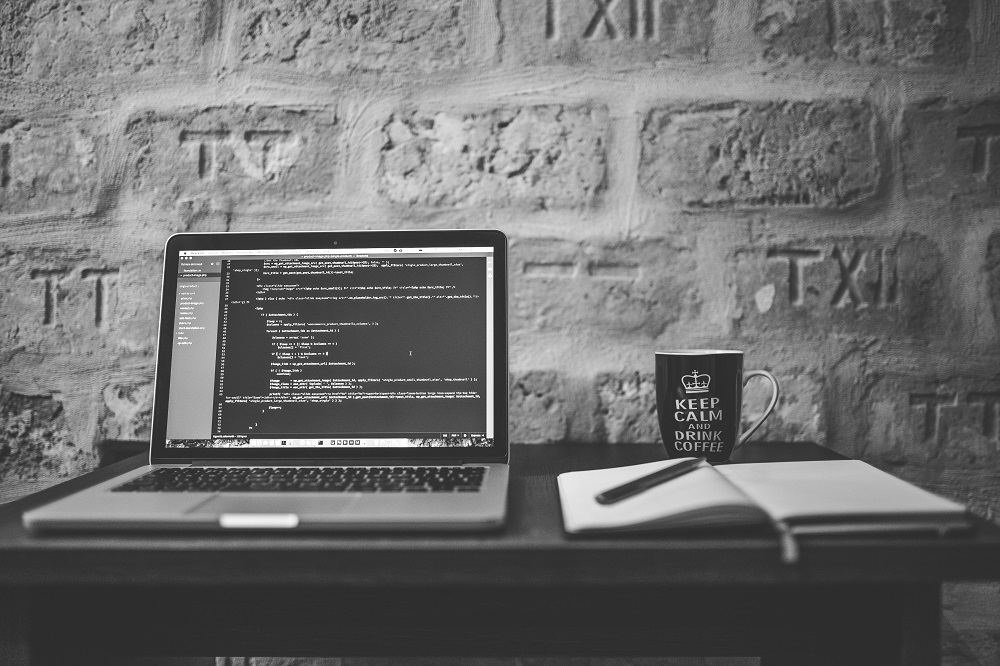If you do not take precautions against an unwanted attack on your personal computer, it is not a question of if it will happen but when. Computer viral infections often do not have any symptoms. They can operate in the background, watching and waiting. The malicious code may only interested in replicating itself on other machines, or it may steal banking and other personal information and then report back to thieves halfway around the world.
There are all kinds of computer infections that can be anything from annoying ads to ransomware that denies access to your computer until you pay a ransom. All of it can be avoided by taking a multilayered approach to protect you system.
Stop Clicking on Unknown Links
The typical virus infection scenario starts with an email from a friend telling you to click on a link. You do not know where the link leads, but you trust your friend. The problem is that your friend's computer is infected with a virus that sends out infected links using their email and address book. If you click on the link, your computer gets infected, and you will not even know it unless you have antivirus protection running. Be sure of any URL and its destination before clicking on it. Thieves thrive on link names that look legitimate but are not.
Add a Backup Malware Detection App
The best antivirus software may let some unwanted code slip through. Most antivirus programs offer protection from tracking cookies and adware. However, some potentially unwanted programs (PUPS) may slip through. Malware (malicious software) detection can catch things a purely antivirus program may miss. You do not have to let it run constantly, but you should do a complete scan about once a week.Related articles
Turn on the Link Scanner
You probably Google something on your computer several times each day. However, you should not inherently trust the links that Google or any other search provider serves us as results. Any of them can be infected with viruses or malware. Your antivirus software should offer a browser helper or plugin that will warn you of potentially harmful links for search results as well as links on websites you visit. Reviews sites, like Top 10 Jungle, have information on complete antivirus software suites that include link scanners and other options.Limit Who Uses Your Computer
You can control what you click on as well as what permissions you allow with your computer. Letting anyone else use your computer is a risk as they may not be as savvy or diligent about protecting computers from viruses, malware and adware as you are. If you do any financial transactions on your computer from banking to making online purchases, you should not let others use it. A quick lookup of something on a search engine could lead to an infection that causes anything from theft of information to data loss.Your digital life is contained on your computer. You should take steps to protect it like you would protect cash, a journal of your personal secrets and pictures you would prefer not be made public. If you have any information at all on your personal computer that you would not want compromised in any way, then protect it with multiple layers of security.
By  Hannah Whittenly Hannah Whittenly | Embed |
Author Bio - Hannah Whittenly is a freelance writer and mother of two from Sacramento, California. | |





0 comments:
Post a Comment